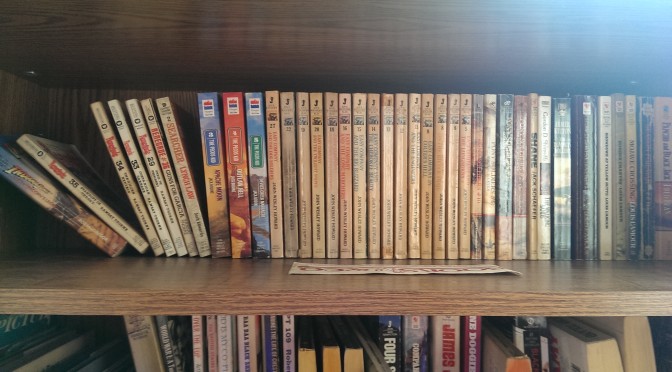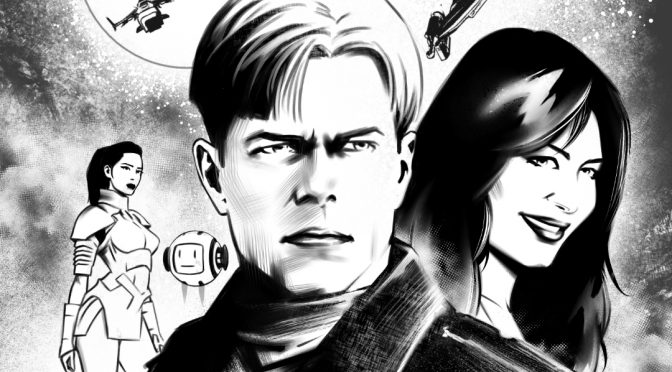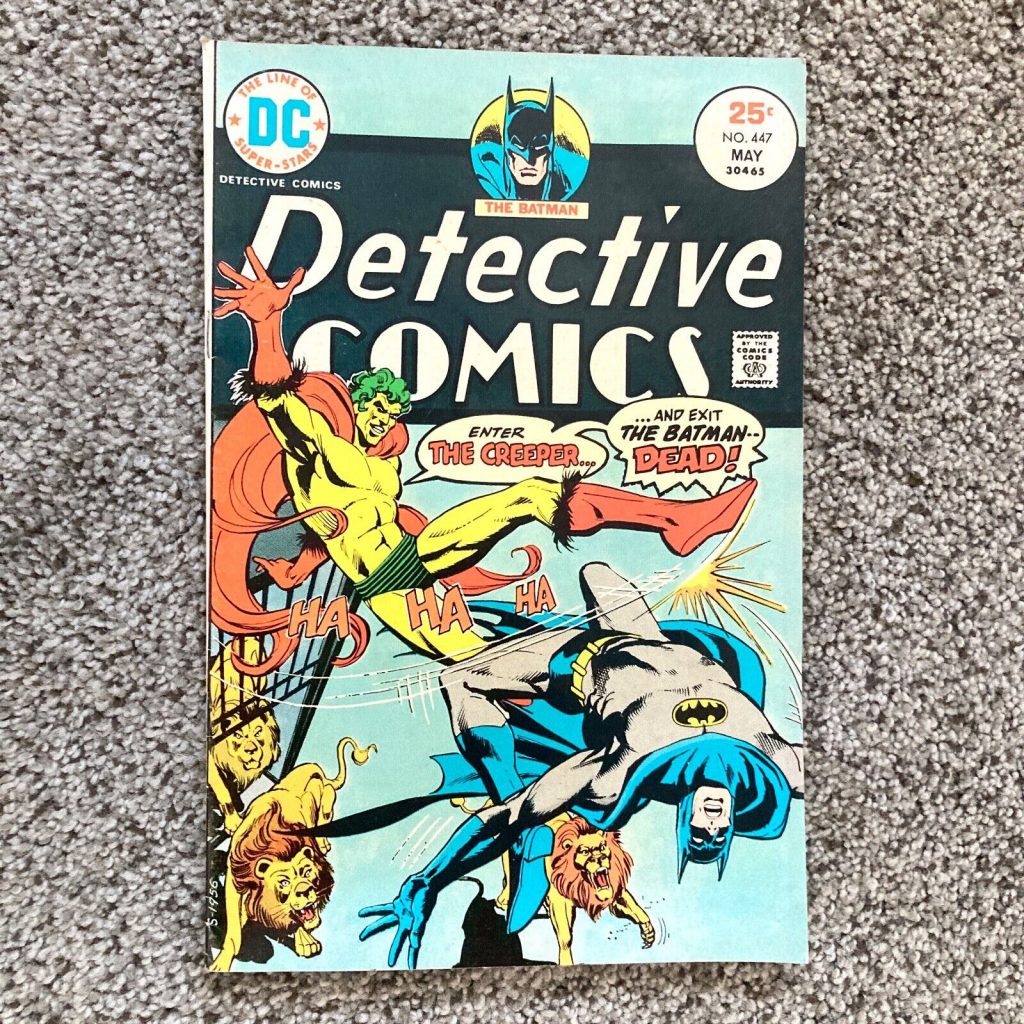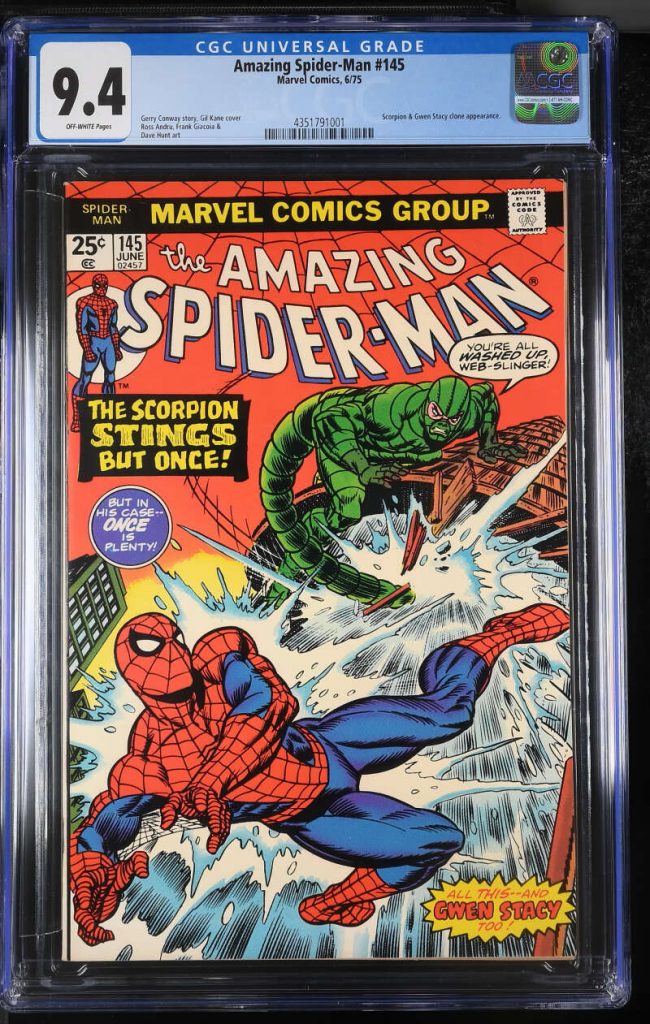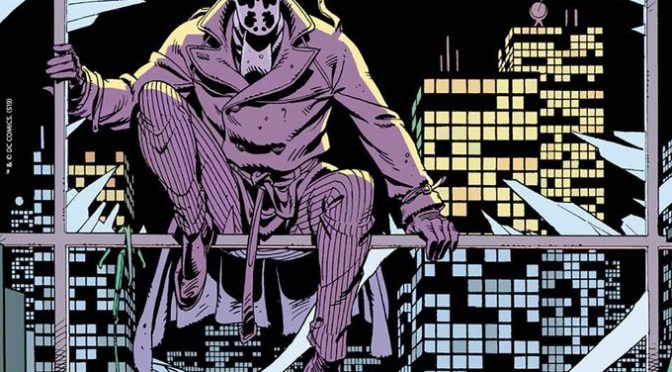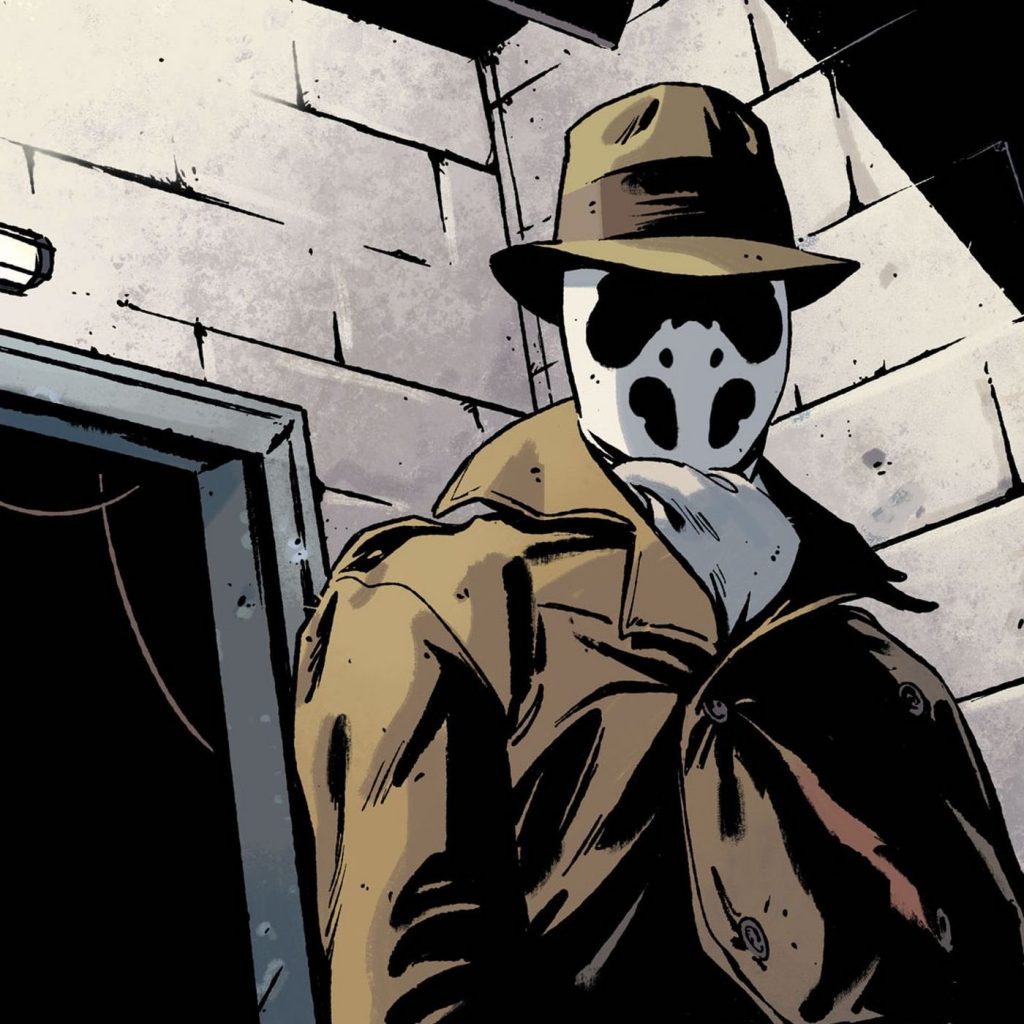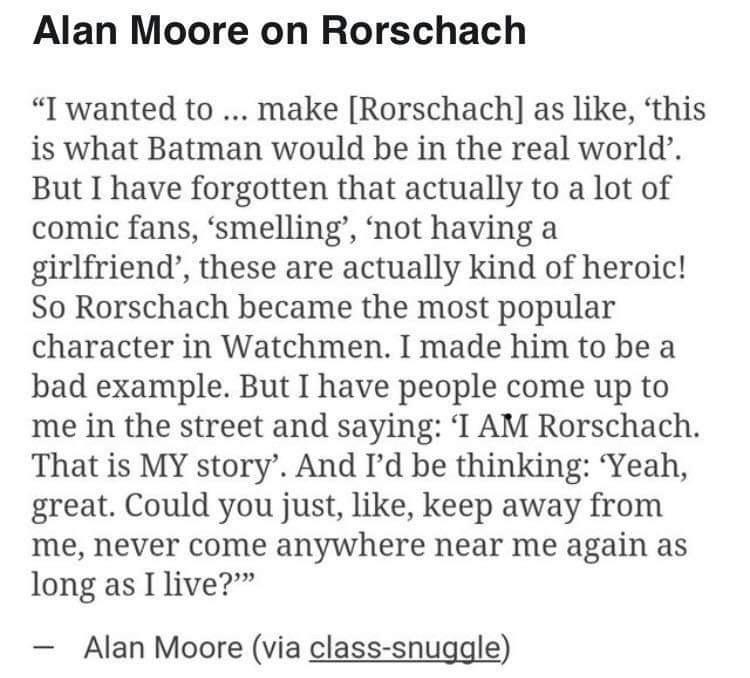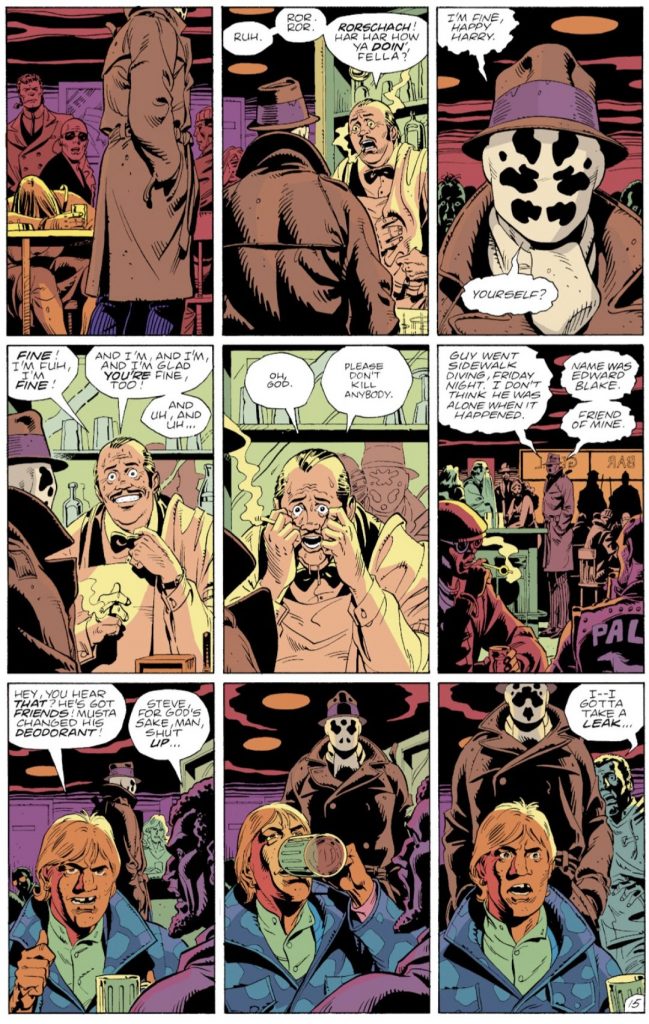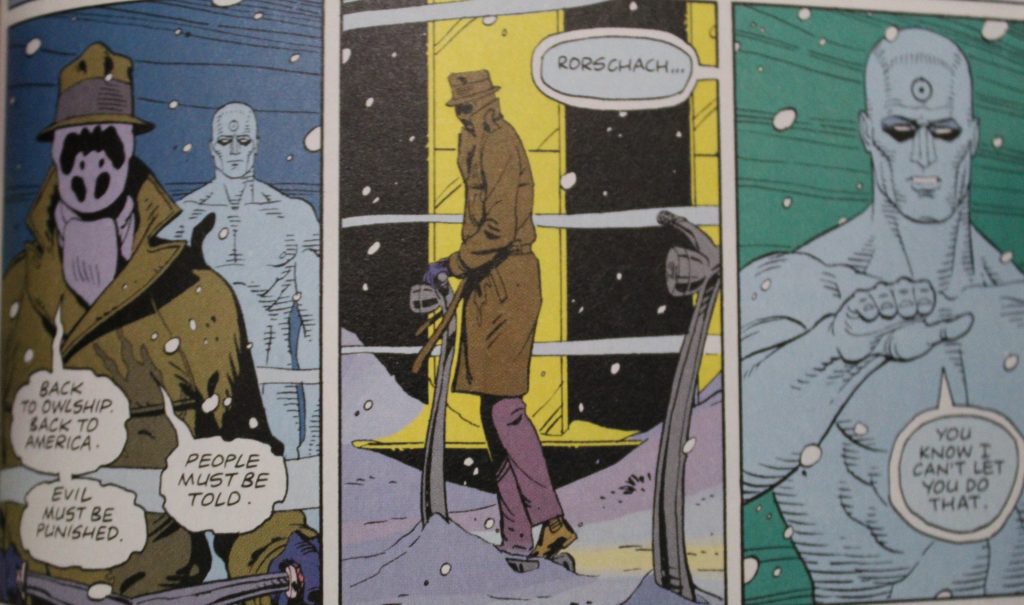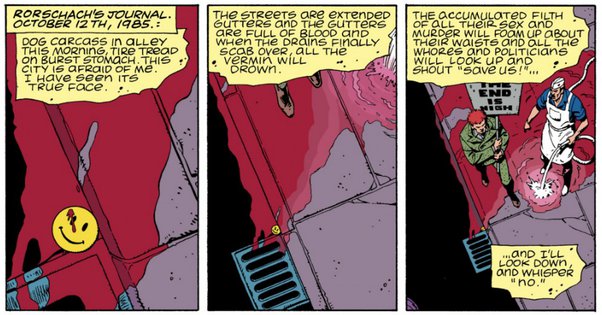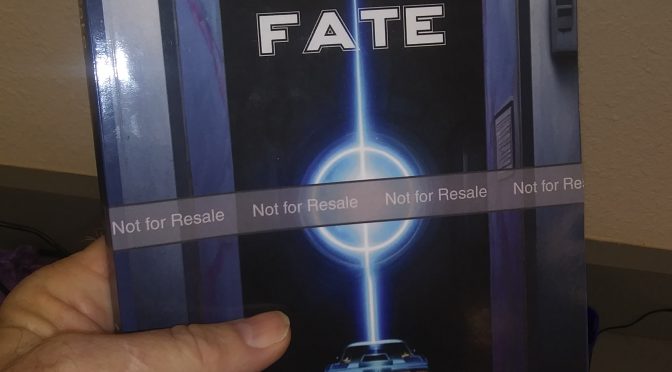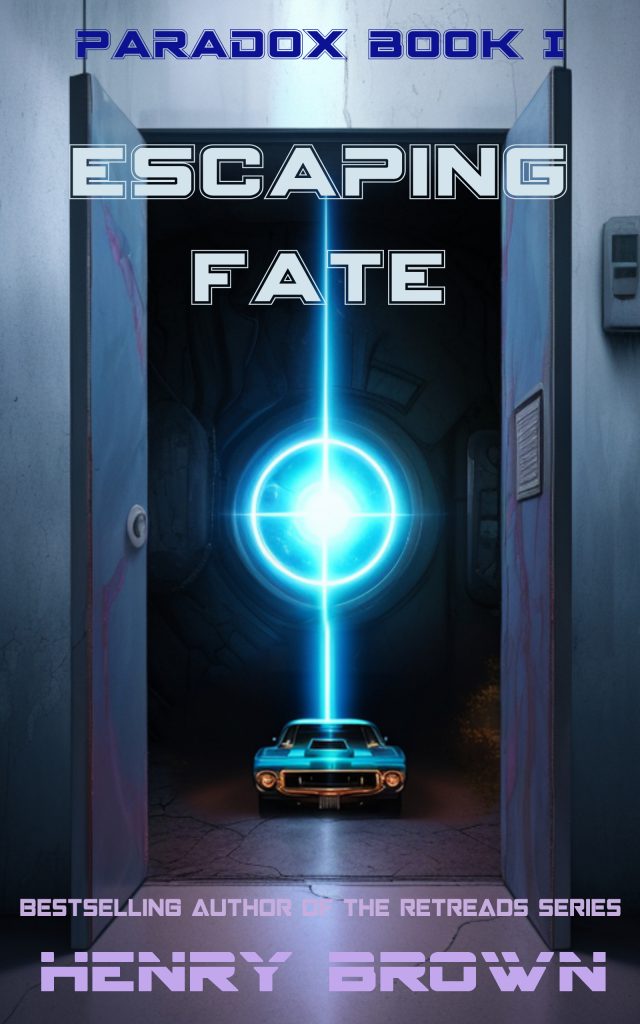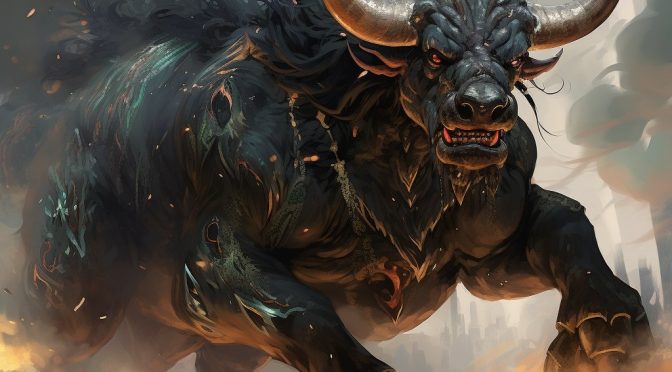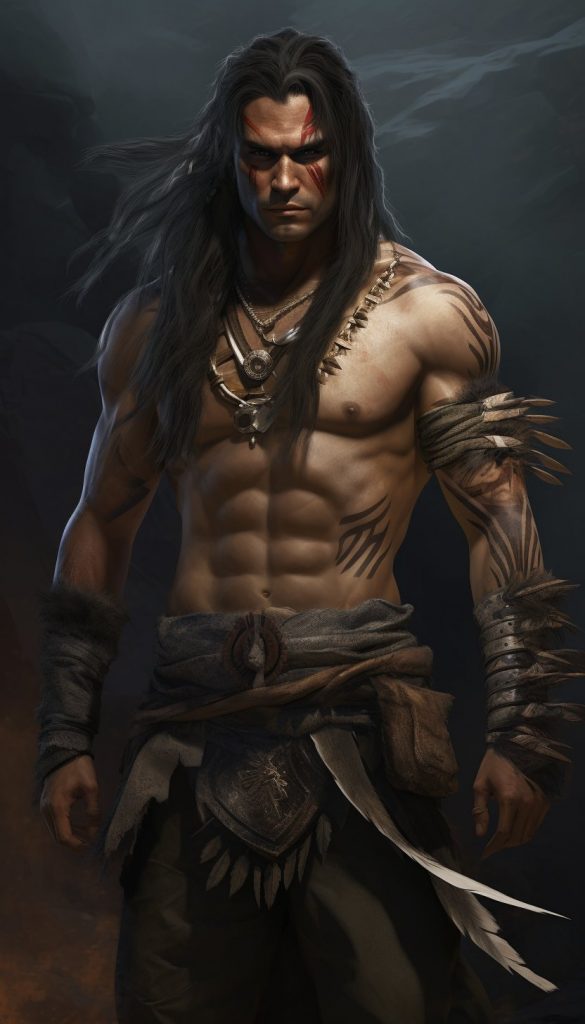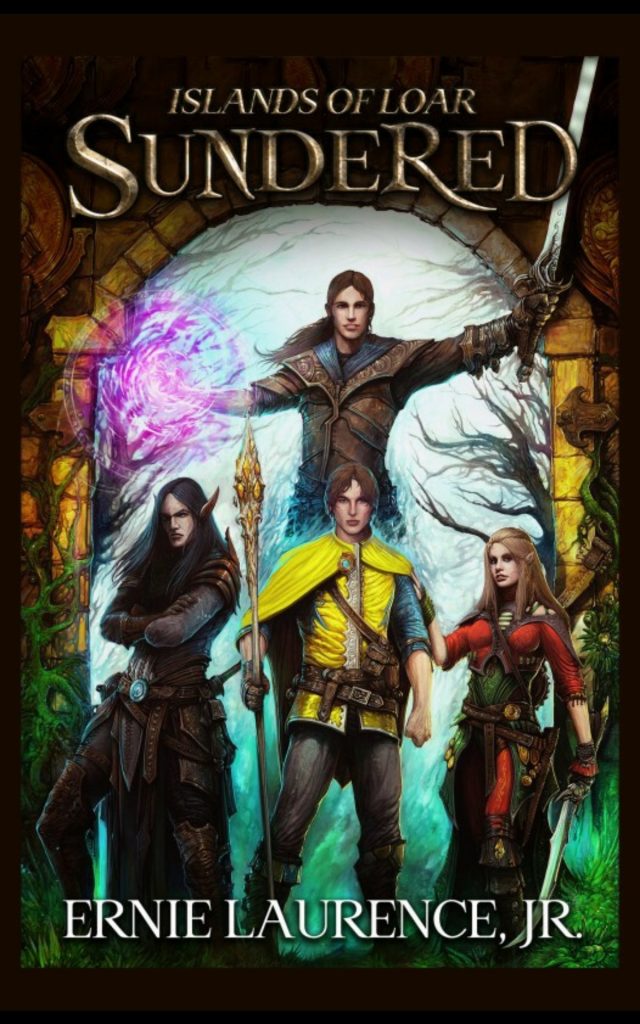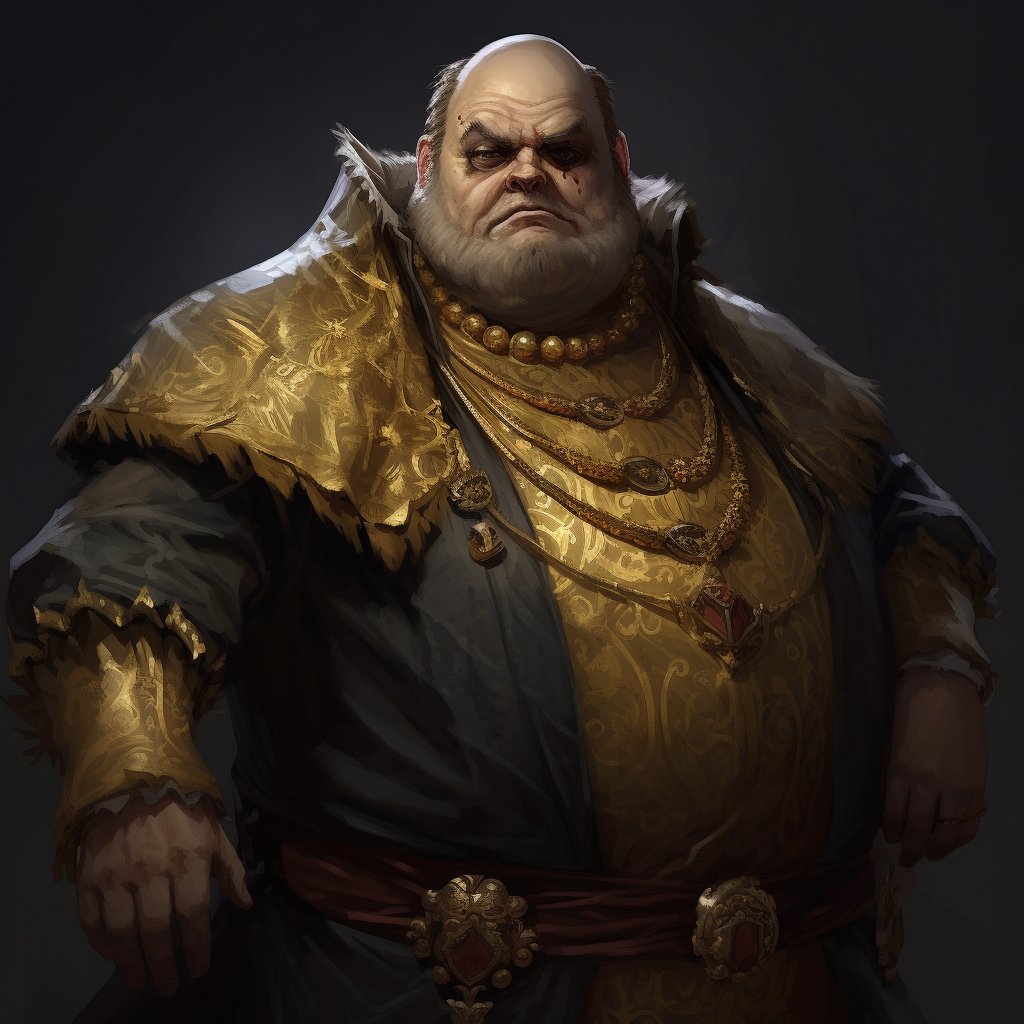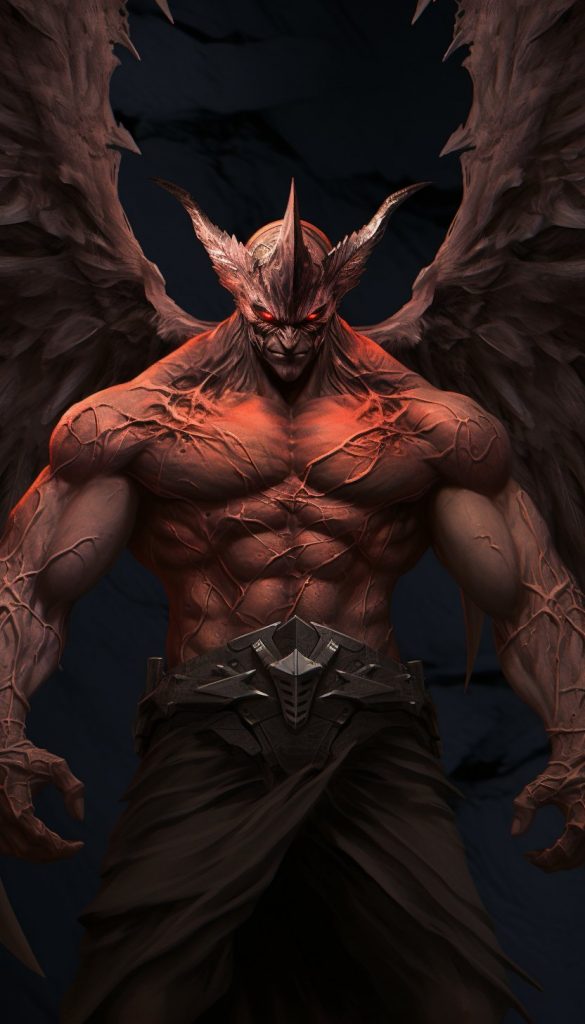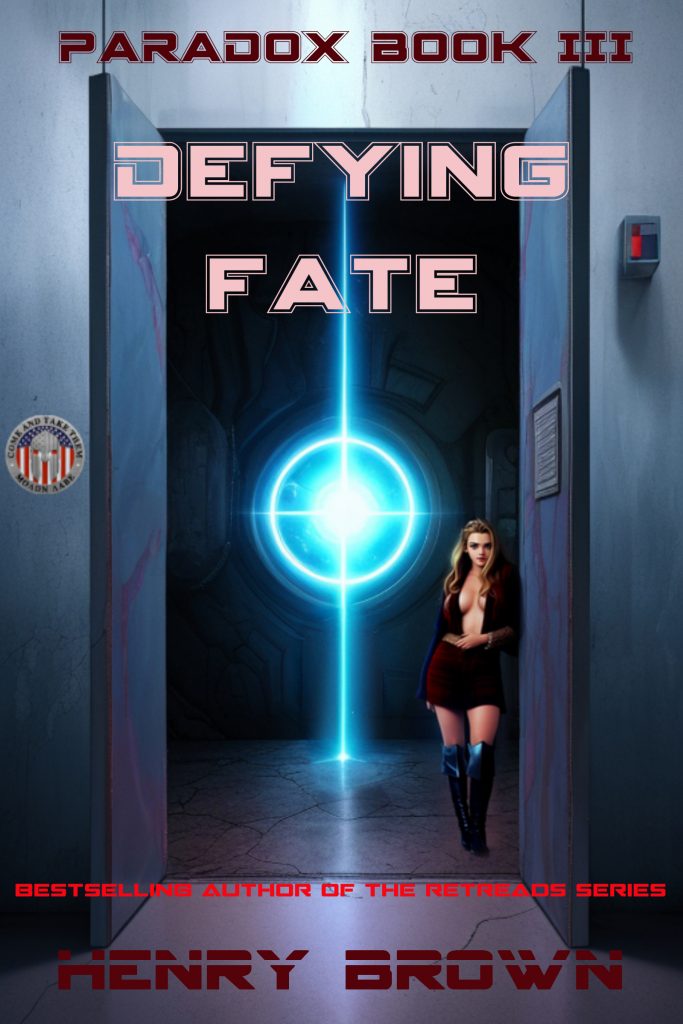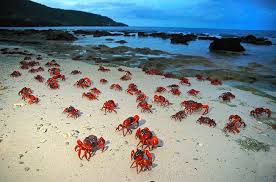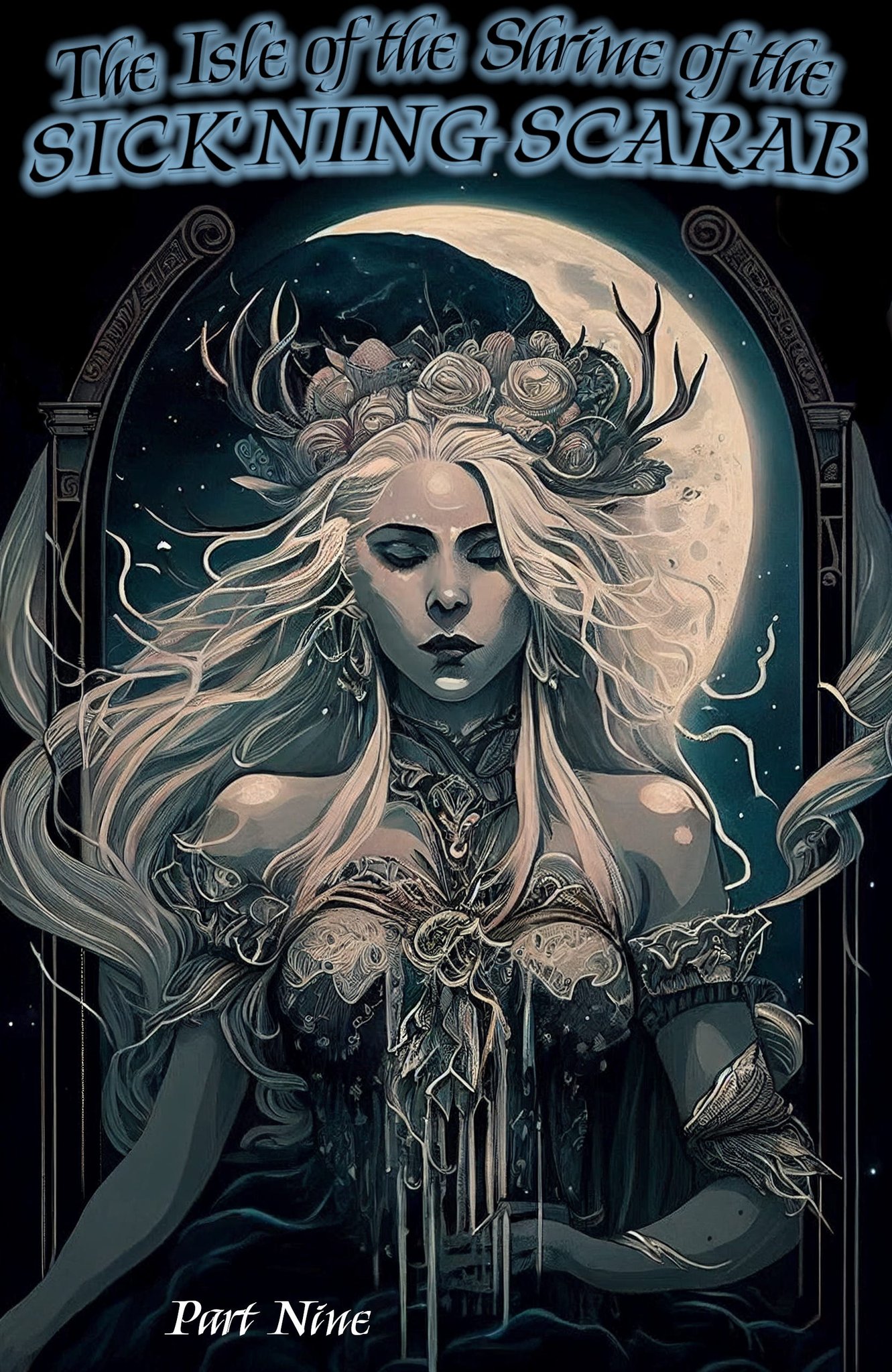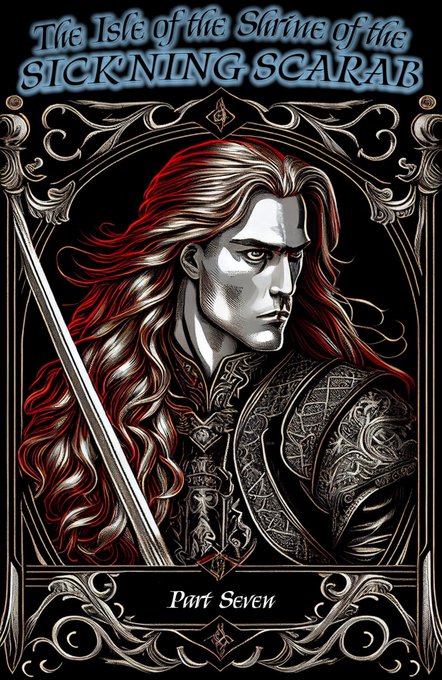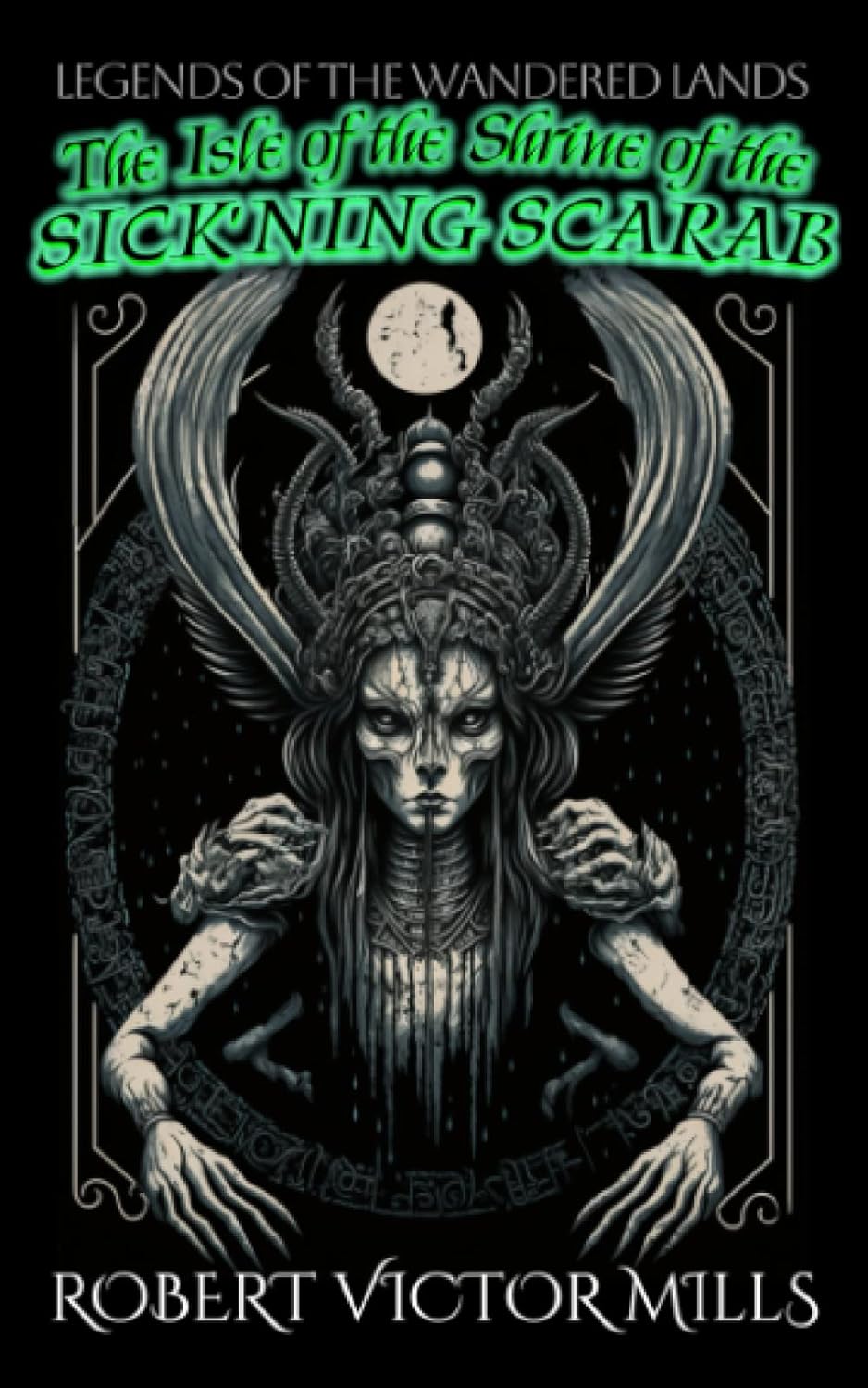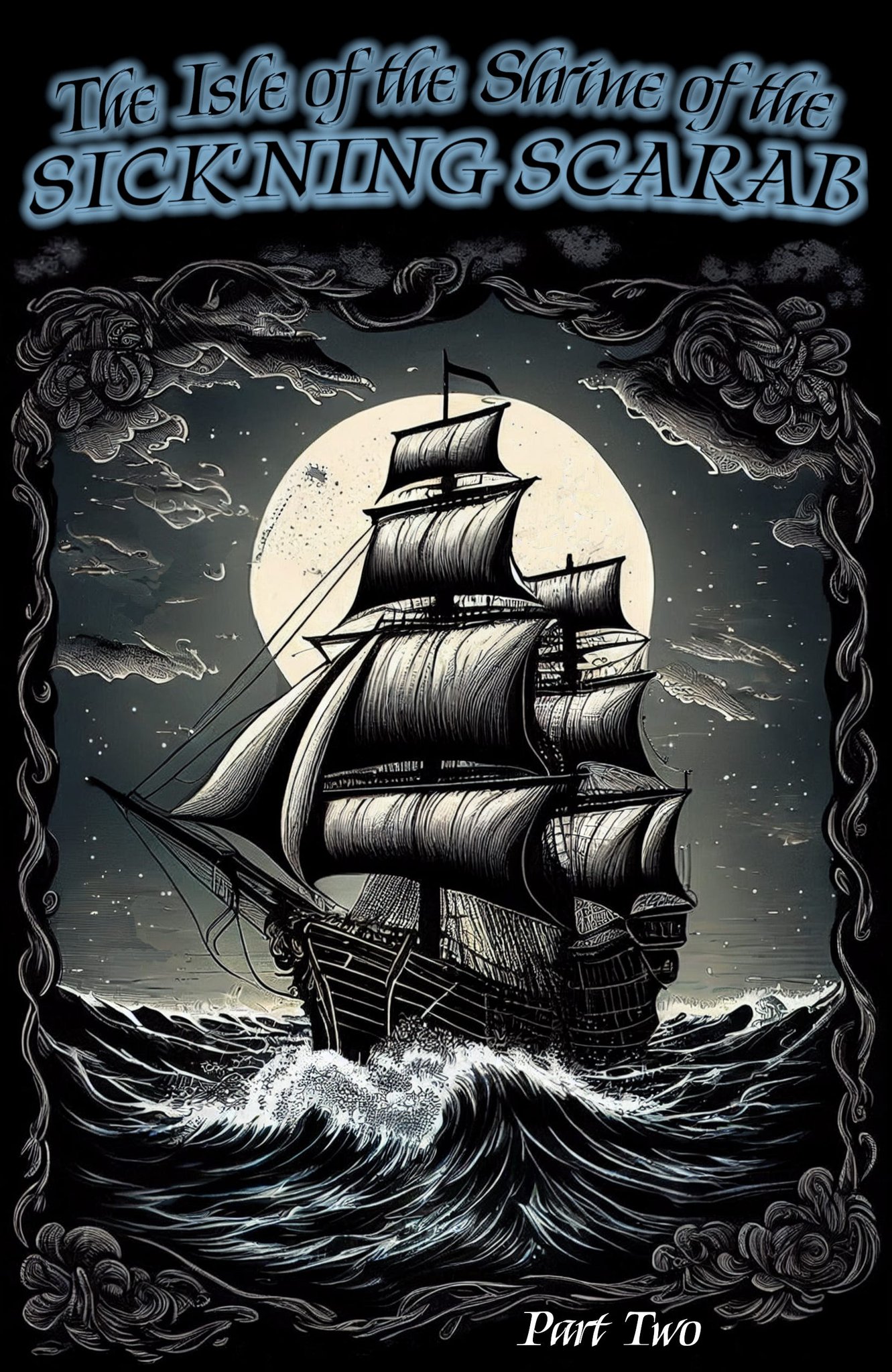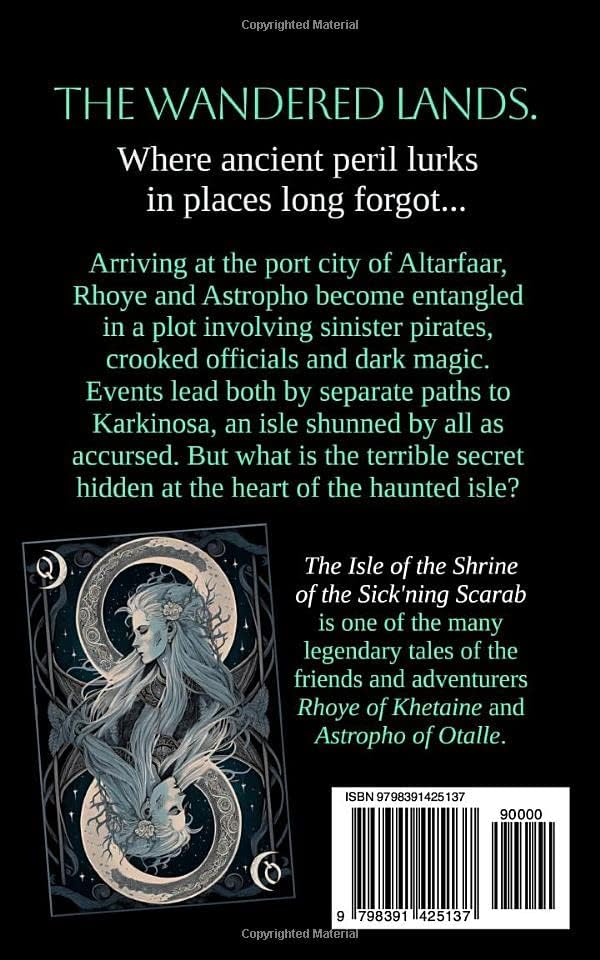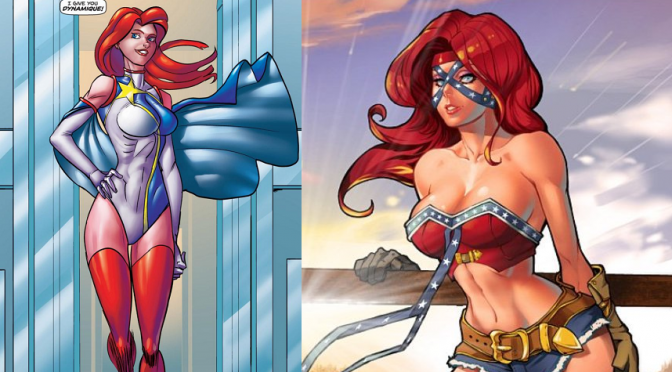This post was originally written on June 5 of 2021 and sat unedited, unpublished, and forgotten until February of 2024. Several paragraphs are deleted, a couple added, and a couple sentences tweaked. Other than that, it’s a reflection of my mental state after an extremely bad year on multiple levels. More importantly, it represents a reevaluation and rededication of Virtual Pulp.
Neither this blog, nor the Two-Fisted Blog, were originally intended to be political. But I don’t subscribe to the typical center and center-right attitude of ignoring problems in hopes they will go away; and that the power of positive thinking will fix everything. (That’s probably a Boomer and Silent Generation subset of center-right, specifically.)
All that it takes for evil to prosper is for good men to do nothing. My parents and grandparents, plus their peers, did nothing, and here we are.
“Cancel culture” isn’t new. It’s just at the point now where it can no longer be ignored. It was there when I was young. It was worse when I finally got into the book biz. I self-censored to an extent. When I did get political, I watered it down. Also, I was colorblind in those days and had an outlook on race that was more wishful-thinking than the cynical (brutally honest?) observations I now make.
But it became obvious that the dominant ideology was not even content to let people like me simply exist, harboring different opinions we avoided expressing. If we didn’t adopt their Narrative and Agenda, they intended to silence us. And since our parents and grandparents allowed them to hijack the reins of power, they have the means to silence us. If we didn’t become active sellers of their perversion; their disinformation; misinformation; deception ; and outright lies, they would take our voices away. They started doing it in a subtle fashion, with their thumb on the scale of algorithms to ensure nobody could stumble upon what we had to say. For those of us who outflanked them and found an audience anyway…well, they had to step up their efforts, to censorship, banishment, and beyond. And center/center right people, it turns out, don’t care about losing the culture, as long as as bread, circuses, and convenience are doled out on demand. Long-term oblivion for the culture and civilization as a whole is nothing to worry about, as long as their immediate gratification is catered to.
So anyway, the middle of the road was no viable option.
I could take the ticket and hope the Machine cut me some slack. Join the echo chamber about how racist America is; how we need more sexual degeneracy; how gender confusion, in all its forms, is psychologically healthy. Maybe if I put enough of that into a novel, they’d take their thumb off the scale and let it find an audience. Amazon reviews in the thousands! My book cover on the “also bought” lists! Parity with the talentless hacks who have “made it” because the thumb on the scale benefits them. Maybe, in fact, it would hit the NYT Bestseller list. A million-dollar book deal. Maybe it would get made into a movie. I could quit my day job and write for a living…
And then, overwhelmed with shame and disgust at myself, I’d probably look for some quick, painless means of death.
Obviously, none of that was gonna happen. So if I’m gonna get the raw end of the stick no matter what, other than bowing to Mammon, then why am I showing restraint? That’s when I started letting it all hang out–in my books, and on this blog.
The last however-many-posts I had written were all political–probably going back a year or two…or more. On the one hand, what’s happening to my country is too serious to ignore. On the other hand, all my ranting is just futile screaming into the void. Aside from the satisfaction of getting stuff off my chest, what good has it done? What good can it do?
Not that I’m done ranting about “politics.” My worldview has changed since I was a boy; but my Quixotic nature never has. But for now, I’m weary. I’m exhausted from having the Globohomo Narrative rammed down my throat whichever way I turn. I’m exhausted from scouring the alternative niche sources of information to find the truth, so that I can be outraged and infuriated by the extent of injustice, hypocrisy and downright evil that is encroaching on everything that was once good.
Over the years, there have been a few different contributors to this blog. Until Gio came on board, I was the only one still contributing with any modicum of consistency (sporadic consistency, you might call it). I don’t blame my fellow bloggers. I’ve considered closing up shop several times in the last few years.
Blogs were becoming passe` right about the time I got mine. I don’t know what the latest secret sauce format is now. The Internet gatekeepers make it nearly impossible to find any information not twisted or fabricated by Globohomo and its army of obedient useful idiots.
I can’t save the world. Can’t stop any of the idiocy or perversion going on around me. But I’m gonna do something for my remaining time in this world. And some of it I’ll do right here at Virtual Pulp. It’s not gonna be ranting about politics every time something infuriates me, or that’s all I’ll wind up doing…again.
God willing, I’m gonna write more books. And graphic novels. And, with Gio’s help, review some good books by other authors. And blog about other stuff, that will perhaps give me and you both some escape from the dystopian shitshow we live in.
And maybe (if I can find a payment processor that won’t eliminate my ability to buy or sell due to wrongthink) I will finally turn my “Books” page into that online bookstore I’ve long wanted to start.
Here’s my unilateral covenant with my readers & followers: I plan to speak the truth as I see it, judiciously, but I’m not gonna engage in the backbiting, pissing contests, and character assassination you may have noticed happening among non-woke creators, lately. In fact, I plan to write my next post on that very subject.
I hope to provide consistent, relevant content for my original audience, and grow that audience. I encourage you to post comments, ask questions, join discussions, and contend with us, if you feel it’s important. Use the comment form to suggest reviews, or inform us of relevant new developments on our side of the pop cultural divide.
If you like the sound of all this, subscribe to the blog. The subscribe widget is on the upper right of this site. If you like what we’re doing, why not click that button?
– Hank
UPDATE: The Subscribe widget is not functioning right now. My apologies to everybody frustrated by this. It will be repaired or replaced as soon as possible.

